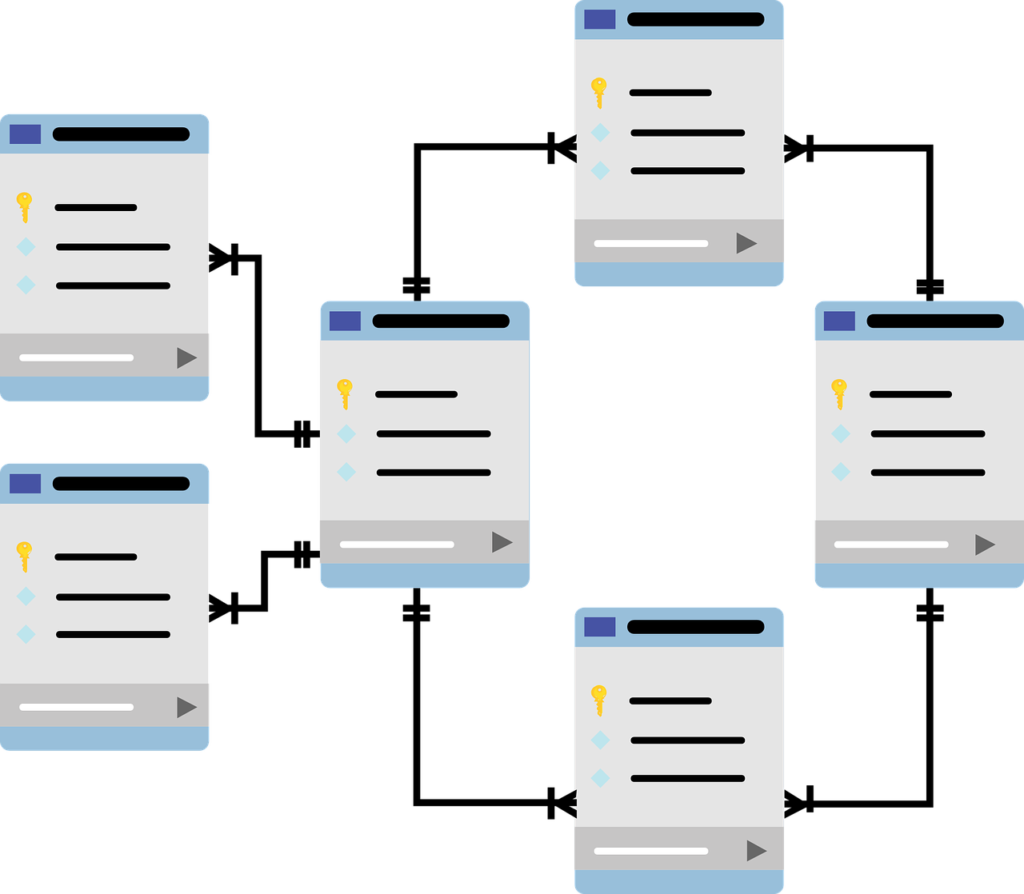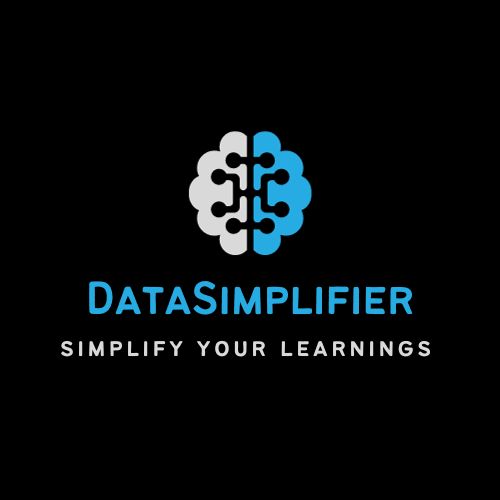Introduction
The world is becoming a data-driven world, which has been bringing much attention to the field of data analysis.

The students and professionals look forward to stepping into the field, but the major question remains: how to get a job as a data analyst with no experience or even without a degree? This article would cover everything from an understanding of the demand in industries to practical steps you would take as a fresher or career switcher to find a data analyst job.
If you’re looking for an easy-to-follow guide about how to become a data analyst in 2024, you’ve come to the right page. Here we go into the practical steps and tips to get those certifications or to ask whether you need a degree in the first place.
Let’s jump right into this ultimate guide so you can get confidently on your path to getting that job as a data analyst.
I. Know How Demanding It Is to Hire Data Analysts
Increasing Demand and Opportunity: Data is the heartbeat of any business decision; thus, the demand for data analysts remains steady across the industry. Companies in India are adopting data-driven practices in larger numbers, and the jobs related to data analysts have also increased. In fact, data analytics roles will rise sharply through 2025 in finance, e-commerce, healthcare, and technology sectors.
Why do companies hire freshers and career switchers? Big data has led to the evolution of the data analyst role. Freshers and career switchers are also hired since the company understands that skills and relevant experience—such as certification or self-directed projects—are just as valuable as the traditional degree. This made the role of the data analyst accessible to those who, up until recently, lacked a background in data.
II. Required Skills for Future Data Analysts
Core Technical Skills: To be a good data analyst, you must possess a solid foundation in these core technical skills:
SQL: This is the main language used for database management and is used to query and analyze data.

Excel: Most data analysts rely on Excel for data cleaning, manipulation, and visualization.
Python/R: These programming languages are used for complex data tasks. Python is highly recommended with libraries like Pandas and NumPy.
Analytical Thinking and Problem-Solving: Companies look for a candidate who can think critically, analyze data trends, and derive actionable insights. A strong sense of curiosity and the ability to break down complex problems into simpler solutions can set you apart.
Soft Skills and Communication: Explanation of data findings to other non-tech teams is within every data analyst job description. You can try saying data complex ideas in everyday, simple language, which’ll be good both for interview purposes and after you start working.
III. How to Land a Data Analyst Even Fresh out of School, or Even as a Career Changer
Getting Certified: If you have relatively scarce formal experience and/ or academic degree, obtaining certification is a very powerful tool for you. You should include:
Google Data Analytics Professional Certificate: This deals with the very basic things; besides, the certificate encompasses a lot of hands-on practice projects.
IBM Data Analyst Professional Certificate: Distinguishable for their depth into the coverage of topics that also get well-acknowledged at the professional levels.
Microsoft Data Analyst Certification (PL-300): Specialized in a domain of data visualization using the tool Power BI. All of these certificates will increase the competitive value and demonstrate commitment toward the field.
Building a portfolio of projects will be prized even if that experience has to be self-directed; practical experience of analyzing datasets taken from Kaggle or some open data sources is desired. For example:
Sales Data Analysis Project. Identify the trends or patterns that might inform better decisions.
Customer Segmentation. Use cluster techniques, or whatever form of techniques of segmentation appropriate for such purposes, as a form of demonstration of statistical skill or data manipulation.
Data Analytics Survey Data: Derive practical inferences from the analyzed, visualized, cleaned data from the survey.
Data Role Networking and Job Hunting Strategies: You can also use these tools to get networked through LinkedIn or Indeed or any other particular job portal especially created specifically for data roles; be a part of groups interested in that topic and thereby get into meaningful discussions that would allow you to join industry leaders.

You’ll be able to add data words in your resume by tailor-making the resume and use a cover letter. Applicant tracking systems will get cracked.
IV. Interview for a Data Analyst Position
Common interview questions: Prepare to answer:
“How do you clean a large dataset?”
“Do you have SQL experience? Please write a simple query.”
“Suppose you did a data project. What insights did you find? How did you present it?”
Answering these questions in practice will build your confidence and ensure that you highlight your technical prowess and problem-solving skills.
Presenting Your Projects Confidently: Recruiters are always keen to hire those who can confidently discuss their projects in great detail. Focus on the results and insights-which may have an effect on actual business decisions. For example, if you did a project on customer segmentation, outline the methodology you applied, and how it might help the business.
Handling “No Experience” Questions: Use examples from your certification projects or personal portfolio to demonstrate your knowledge and skills. Be honest but highlight that you have been dedicated to learning and growth in the field.
V. Alternative Routes and FAQs
No degree, certifications and practical projects will fill the gap. Degrees are becoming less relevant for companies as they value more what employees can do with skills and portfolio work, so spend time building these assets.
Is It Tough to Land a Data Analyst Job? The field is competitive but accessible with the right preparation. Focus on building the skills, acquiring the certification, and networking for increased chances.
How many months would it take for me to get a job as a data analyst? – Approximately 3-6 months of continuous hard work.
What is the INR entry-level salary for a data analyst? – Entry-level in India would be something around ₹3-5 lakhs per year; all this depends on the location, skills, and experience.

What are the opportunities for growth? – An experienced data analyst is eligible to step into a data scientist, business analyst, data engineer’s position that generally comes with bigger pay and responsibilities.
Conclusion
Landing a data analyst job can be an impossible task for a beginner or someone with no traditional background. With the right steps, it is not impossible. Whether you’re focused on skill-building, certifications, or networking, there are so many opportunities in this field for people who are willing to invest in their growth.
Join our Telegram channels for more tips on finding data analyst roles and get job alerts! To those who have reached this far, we have a special invite to our premium Telegram group! Comment your Telegram handle below, and we’ll send you a link to join our community of aspiring data analysts!.
13 Best Data Analytics Projects for final year student
Share the post with your friends

1 thought on “Your Step-by-Step Guide to Land Better Data Analyst Job Without Experience in India”